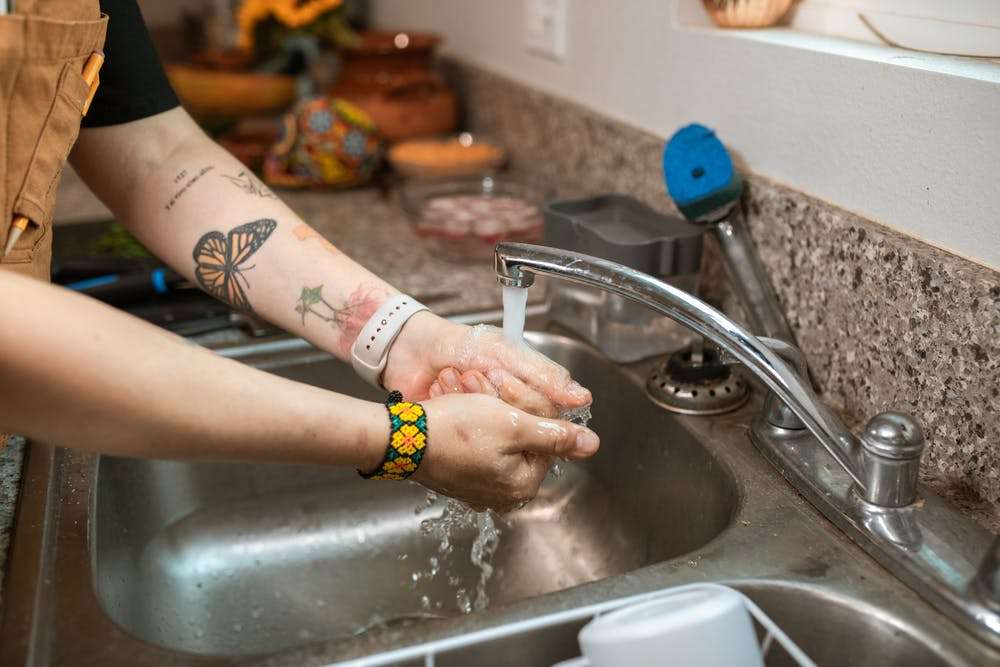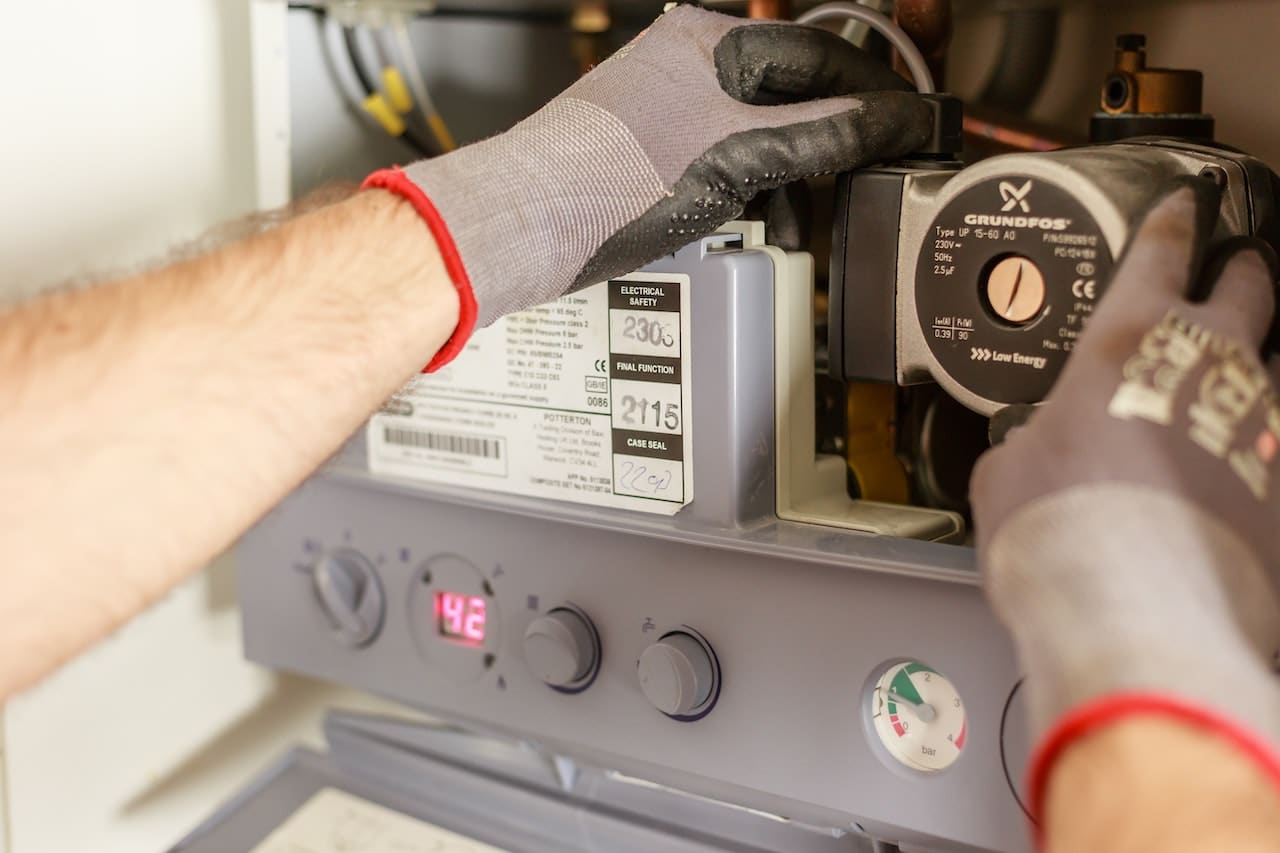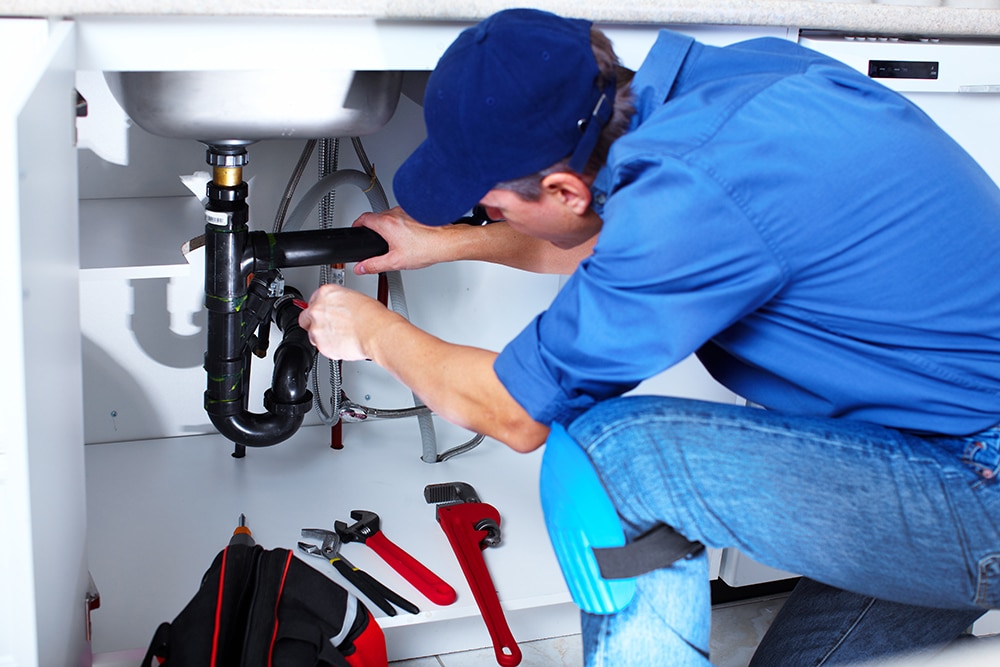If you’ve experienced your hands feeling slimy even after washing with soap and water, there is a significant chance that your faucet is producing hard water. In scientific terms, hard water refers to the amount of dissolved calcium and magnesium in water. Although both minerals are not harmful to your health, they may cause issues in a household’s plumbing system.
Keep reading below to learn the expected effects of hard water at home.
Ways Hard Water Affects Your Plumbing System
Several issues may arise from the existence of mineral deposits in a water source. Common problems for hard water include solidified mineral deposits, causing water issues such as low water pressure, increased water bills, and appliance malfunctions.
Meanwhile, other adverse effects may include dry skin and hair, faded clothes, and stained sinks and bathtubs. However, the most affected components in the household are the plumbing system, which becomes more vulnerable to minerals like PVC and copper pipes. While your lines might be efficient at what they do, mineral clogging is not something that they are good at working around.
Of course, the most noticeable effects of hard water showing up when you boil water. Heating hard water results in the evaporation of the liquid, leading to the precipitation of the minerals in it. In effect, the minerals solidify and may end up stuck in plumbing systems, water heaters, dishwashers, and washing machines.
Signs of Hard Water in a Household
1. Terrible Quality of Drinking Water
The oversupply of minerals in the water supply may result in noticeable particles or debris in tap water. These minerals will then travel in the pipes, leading to other faucets, sinks, and showers in the household. Although it does not immediately clog up the passageway of water, it accumulates over time and becomes a plumbing nightmare.
It’s best to take care of the issue right away to prevent further damage. If it’s possible to hire a drain cleaning service for routine maintenance, it will be best to leave the problem to the experts. That way, it will be less costly to repair a broken plumbing system than seeking maintenance every few months.
2. Presence of Soap Scum
Soap scum is either a white or gray film layer that covers most fixtures in a house connected to a water source. You can also find it on curtains, fixtures, tiles, and more. Soap scum combines with magnesium and calcium, two of the most common minerals in hard water, forming the substance.
Over time, the surfaces splashed with the film will turn scaly—which may be more challenging to eliminate the longer it stays on the surface. Remember that soap scum is dangerous and poses a dangerous health risk to you and your family members at home.
3. Frequent Plumbing Repairs
Frequent repairs only mean one thing: an issue is causing repetitive damage to your home pipes. Therefore, it’s best to get to the source and know which factor exactly causes the problems. In effect, there shouldn’t be any plumbing repairs for the next few years.
Conclusion
Aside from seeking professional help from companies offering drain cleaning and plumbing services, investing in a reverse osmosis water treatment system may be the best way to prevent hard water in a household. The machine works by stripping the minerals from the water through an advanced membrane. Along with other impurities, the device also ensures cleaner and softer water for safer drinking.
Are you looking for a plumber in Canoga, CA? Candu Plumbing & Rooters provides plumbing, drain cleaning, water heater repairs, and sewer repair services. Our goal is to deliver professional plumbing services through the help of our skilled and experienced plumbers. Request for a free estimate today, and let us know how we can help!



